Latest appeal dismissed in McQuillen Place/Union House sale
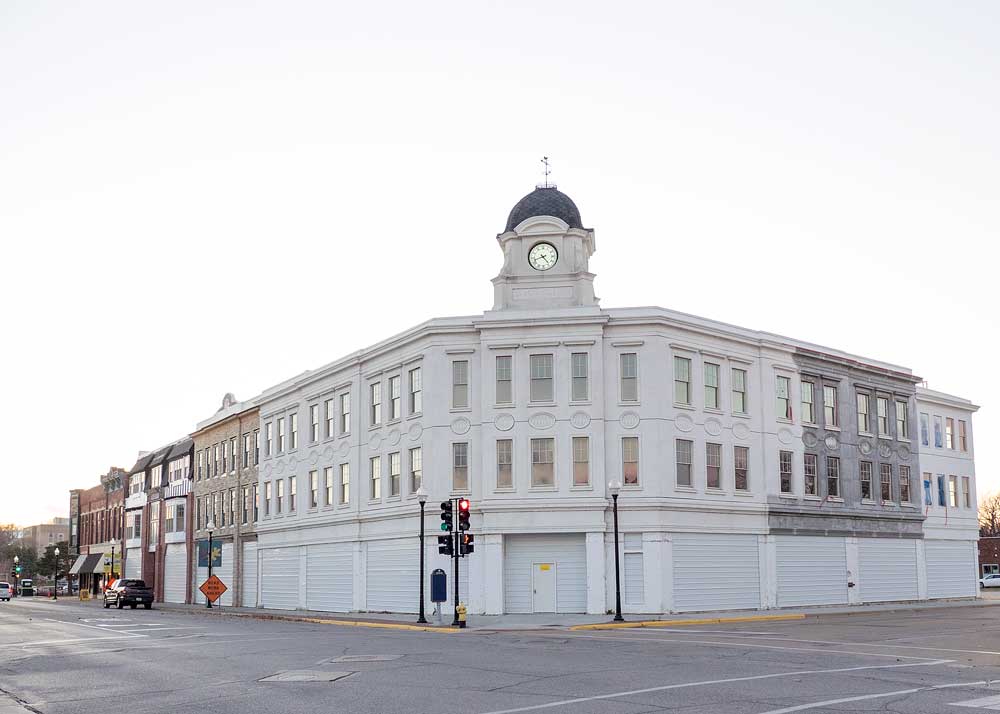
By Bob Steenson, bsteenson@charlescitypress.com
A U.S. Circuit Court of Appeals has effectively confirmed the sale of the McQuillen Place Co. LLC assets to a firm related to First Security Bank and Trust, the sixth time various federal courts have validated the sale.
The U.S. Court of Appeals for the 8th Circuit, in a judgment filed last week, dismissed an appeal filed by Cornice & Rose International LLC asking the court to set aside the sale of the assets.
The original order for the sale had been made by a U.S. bankruptcy court in April, selling the McQuillen Place assets to Four Keys LLC.
The most notable of the assets is the unfinished three-story residential and commercial building on Charles City’s Main Street that Four Keys is now in the process of finishing so that the apartments and business spaces can be leased.
Four Keys, a company formed by the same bank holding company that owns First Security Bank, has renamed the property the Union House.
The 8th Circuit Court of Appeals issued a very brief judgment granting the motion to dismiss that Four Keys, First Security Bank & Trust, the bankruptcy trustee, the city of Charles City and the Iowa Economic Development Authority had filed against the appeal.
The latest appeal was of a March decision in the U.S. District Court for Northern Iowa, which had dismissed an earlier appeal of a U.S. bankruptcy court ruling filed by Cornice & Rose, the firm that provided architectural design and construction work on the McQuillen building.
After the bankruptcy court had ordered the sale of the McQuillen Place Co. assets in a Chapter 7 bankruptcy ruling on April 9, Cornice & Rose filed a motion to reconsider, as did Charles Thomson and James Gray.
Thomson, of Charles City, was the primary developer and majority equity owner of the project. Gray is the founder and president of Cornice & Rose, an Illinois firm, and was a minority equity owner in the project.
The U.S. Bankruptcy Court reaffirmed its decision ordering the sale, which then took place on April 24.
Both parties, Cornice & Rose, and Thomson and Gray, then filed independent appeals to the 8th Circuit Bankruptcy Appeals Panel, but First Security Bank and Four Keys elected to transfer the appeals to the U.S. District Court for the Northern District of Iowa.
Before all the parties had filed their arguments in the District Court appeals, First Security had moved that the appeals be dismissed.
The U.S. District Court dismissed both appeals in September.
Both Cornice & Rose and Thomson and Gray then appealed those decisions to the 8th Circuit Court of Appeals, which covers Iowa and other Midwest states. First Security, Four Keys and other parties again filed to have the appeals dismissed.
The 8th Circuit Court granted the motion to dismiss the Thomson and Gray appeal on Nov. 23.
Last week, on Dec. 22, the 8th Circuit also granted the motion to dismiss the Cornice & Rose appeal.
In moving to dismiss the appeals by Thomson and Gray and Cornice & Rose at the District Court level, First Security and Four Keys argued that the appeals were what is called “statutorily mute” because the sale had been made in good faith, and Thomson and Gray or Cornice & Rose hadn’t obtained a stay (suspension) of the sale as is required to appeal a bankruptcy sale.
Thomson and Gray and Cornice & Rose argued that the the sale had not been made in good faith, because the bank was aware of architectural copyright claims by Cornice & Rose against the building and was “intimately involved in the proceedings.”
The District Court said lack of good faith requires misconduct regarding the sale, which usually means fraud or attempts to take unfair advantage of other bidders.
“Here, appellants do not argue or provide evidence of fraud or collusion. Nor do appellants argue First Security took unfair advantage of, or attempted to take unfair advantage of, other bidders. Instead, appellants only argue that the buyer was close to the proceedings and knew of the copyright issue,” the District Court wrote.
“Even if the court applies a broader reading of good faith than the relevant case law does, appellants’ argument still fails. Having knowledge of a situation but proceeding with a purchase anyway does not amount to bad faith,” the District Court said. “A buyer could know of potential issues that may arise, but find the purchase is worth the risk, or that the benefits outweigh the costs. That does not amount to bad faith, but rather a standard cost/benefit analysis any informed purchaser would make.”
Because First Security was a good faith purchaser and because Thomson and Gray or Cornice & Rose had failed to get a stay to the sale before it took place, the motions to dismiss the appeals were granted, the District Court wrote.
In appealing those District Court decisions, Cornice & Rose and Thomson and Gray argued that the copyright concerns regarding the building made the bankruptcy court’s jurisdiction to order a sale questionable.
Because the sale order was amended to include language that at first seems to limit the rights of Cornice & Rose to its plans and drawings but “later broadly preserves all intellectual property rights,” the order for the sale should not be considered final and was beyond the power of the bankruptcy court to order, the appeals said.
“The sale was to a related affiliate of the mortgage lender, who failed to obtain any license or other rights from the architect when it took a mortgage on property subject to an architectural work copyright,” they argued.
Cornice & Rose argued, “This appeal should be heard on its merits, at which time the court can also consider whether the bankruptcy court had the legal authority to adjudicate the architectural works copyright of Cornice & Rose.”
In moving to have the appeals dismissed at the 8th Circuit Court level, First Security and Four Keys argued that the District Court had found the appeals statutorily mute, and again made its arguments why that was the correct decision.
They argued that the attempts to say that the bankruptcy court did not have the authority or jurisdiction to order the sale in light of the copyright claims was just a “disguised attack” on the sale’s validity, and that case law was clear that a bankruptcy sale could not be overturned if it was made in good faith and no stay had been obtained.
The 8th Circuit Court of Appeals apparently agreed with the bank’s arguments, issuing a one-page order in each case that said the appeals were dismissed.
Various other lawsuits are still outstanding regarding the Charles City project, including the original foreclosure suit filed by the bank and various counterclaims and charges by Thomson and affiliated organizations against the bank and individual bank directors.
The foreclosure case is scheduled to go to trial in Floyd County District Court in March 2022. Other state court cases are set for trial in November 2021, January 2022 and May 2022.
Cornice & Rose also filed a copyright case in U.S. District Court in November against Four Keys, the bank, the construction contractor and subcontractors currently working on the building and various individuals. That case is just getting started.


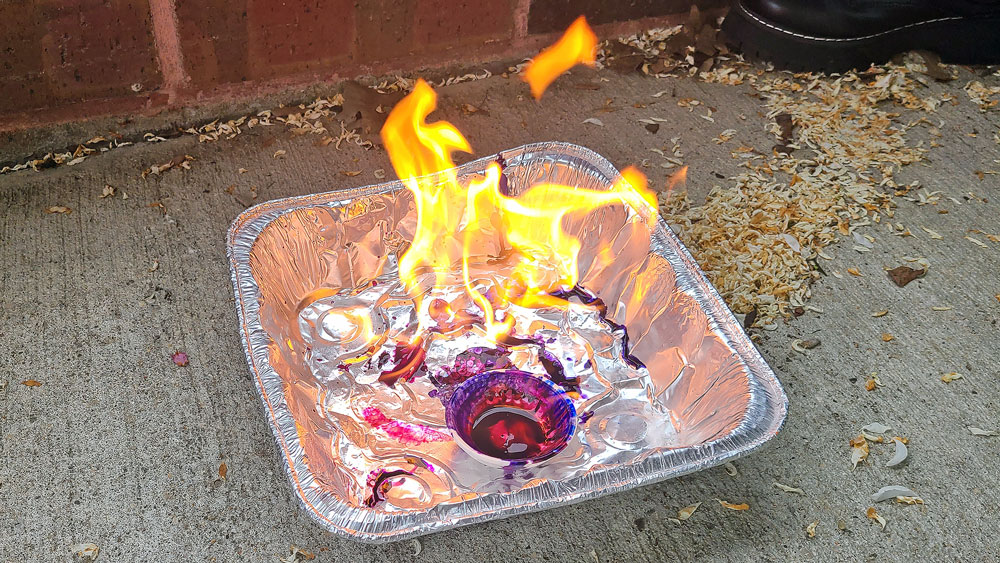
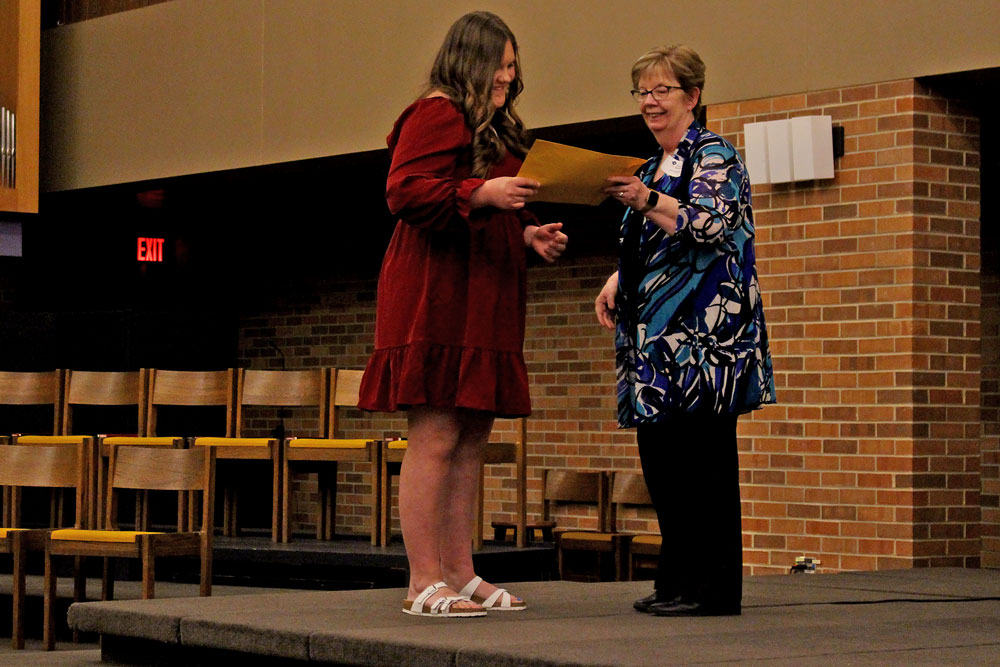
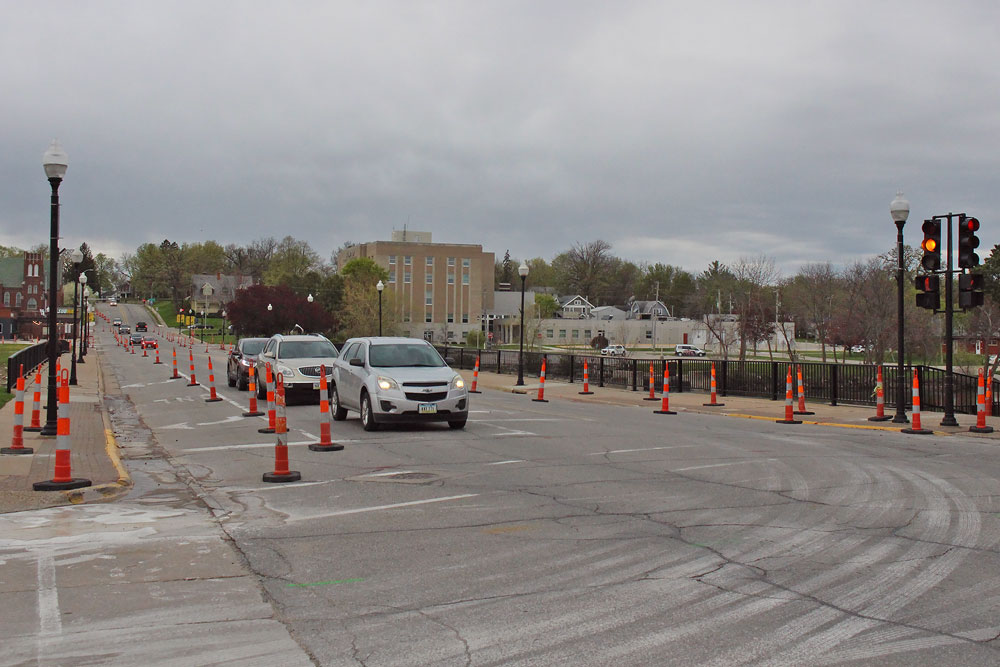
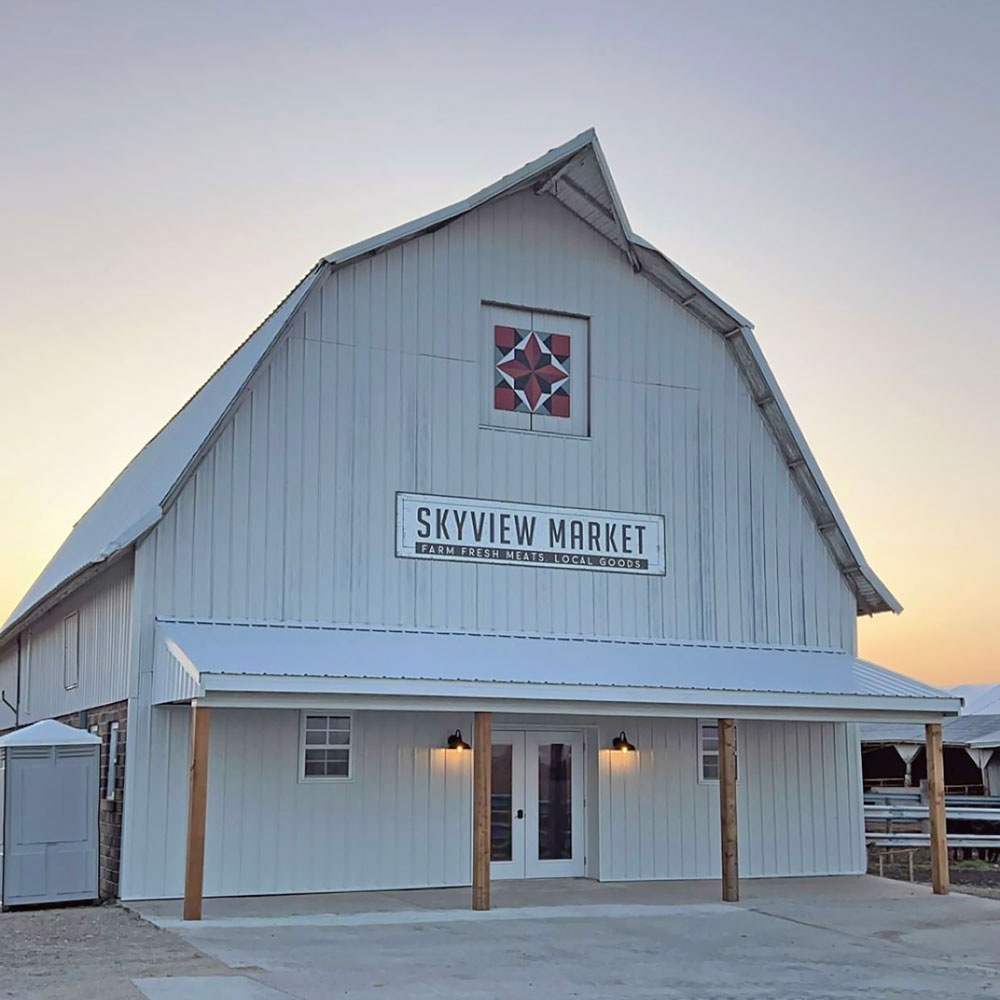



Social Share